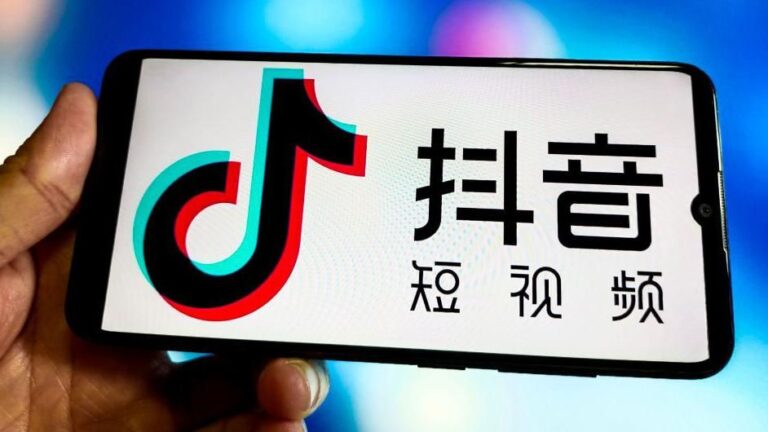New regulations tightening Chinese government oversight on the country’s internet companies have been implemented today, sparking concerns about their enforcement.
Under the updated State Secrets Law, firms like Tencent, ByteDance, and Weibo are mandated to take action if users post sensitive content. This includes monitoring user-shared information, removing posts as per guidelines, and maintaining records to be reported to authorities.
President Xi Jinping’s emphasis on national security has driven these changes, aligning with the government’s crackdown on China’s expansive tech industry.
While China’s internet firms already face stringent regulations, the latest amendments raise the bar for proactive self-monitoring and swift cooperation, noted law professor Ryan Mitchell based in Hong Kong.
Moreover, the updated rules broaden the scope of sensitive information to include “work secrets,” potentially affecting journalists and foreign correspondents by covering state agency decision-making.
The European Union Chamber of Commerce in China expressed concerns over the vague definition of state secrets, urging clear delineations to prevent inadvertent violations.
Meanwhile, Taiwan cautioned that the regulations might endanger visitors from the island by being overly ambiguous.
Despite the broad and nebulous definition of state secrets, legal experts from Baker McKenzie FenXun believe multinational corporations operating in China won’t be significantly impacted.
Interestingly, while social media giant TikTok and its parent company ByteDance face heightened scrutiny abroad, the new rules are primarily focused on domestic operations rather than regulating overseas endeavors.



























